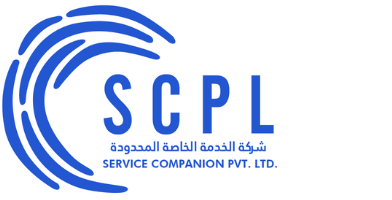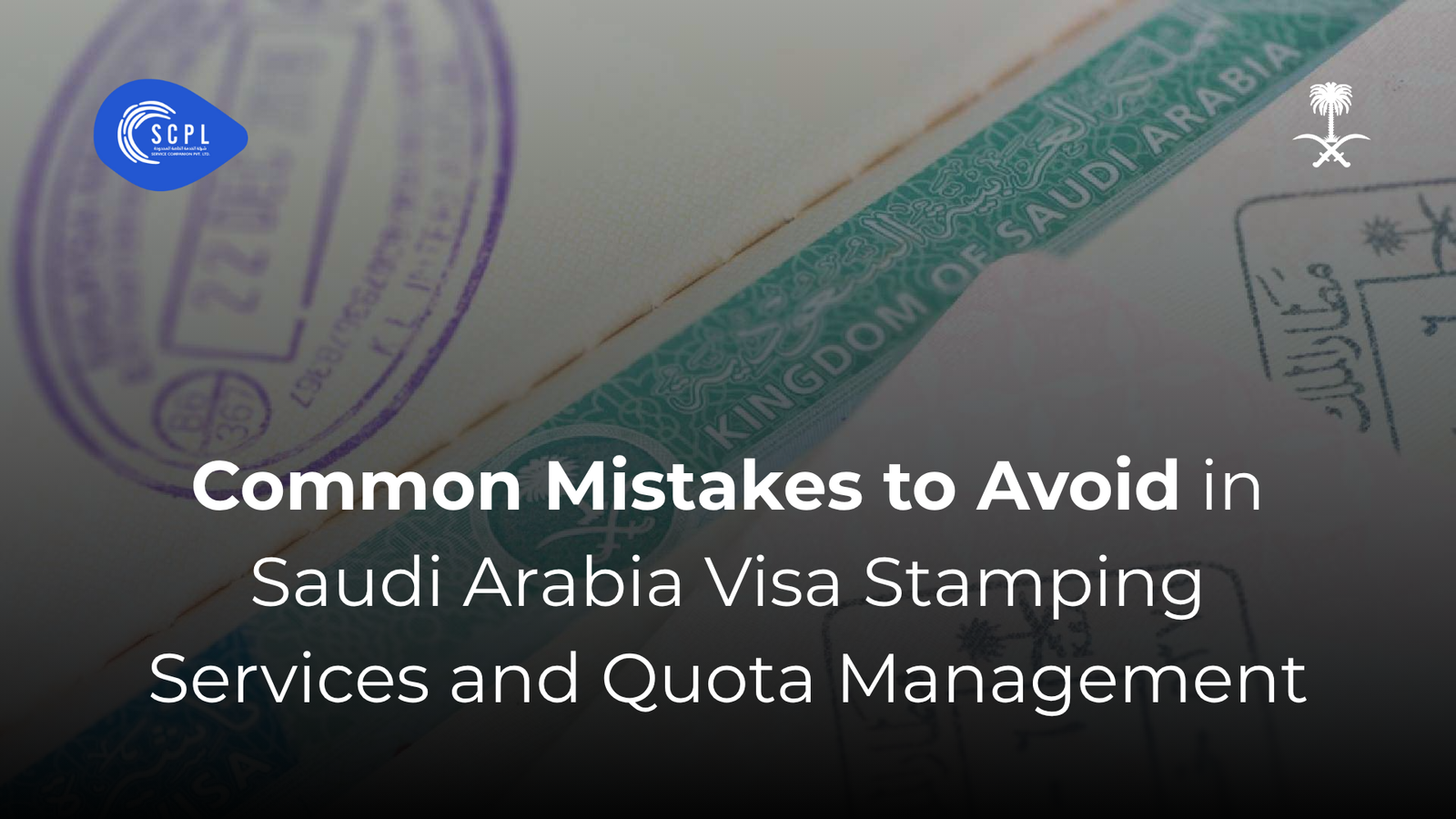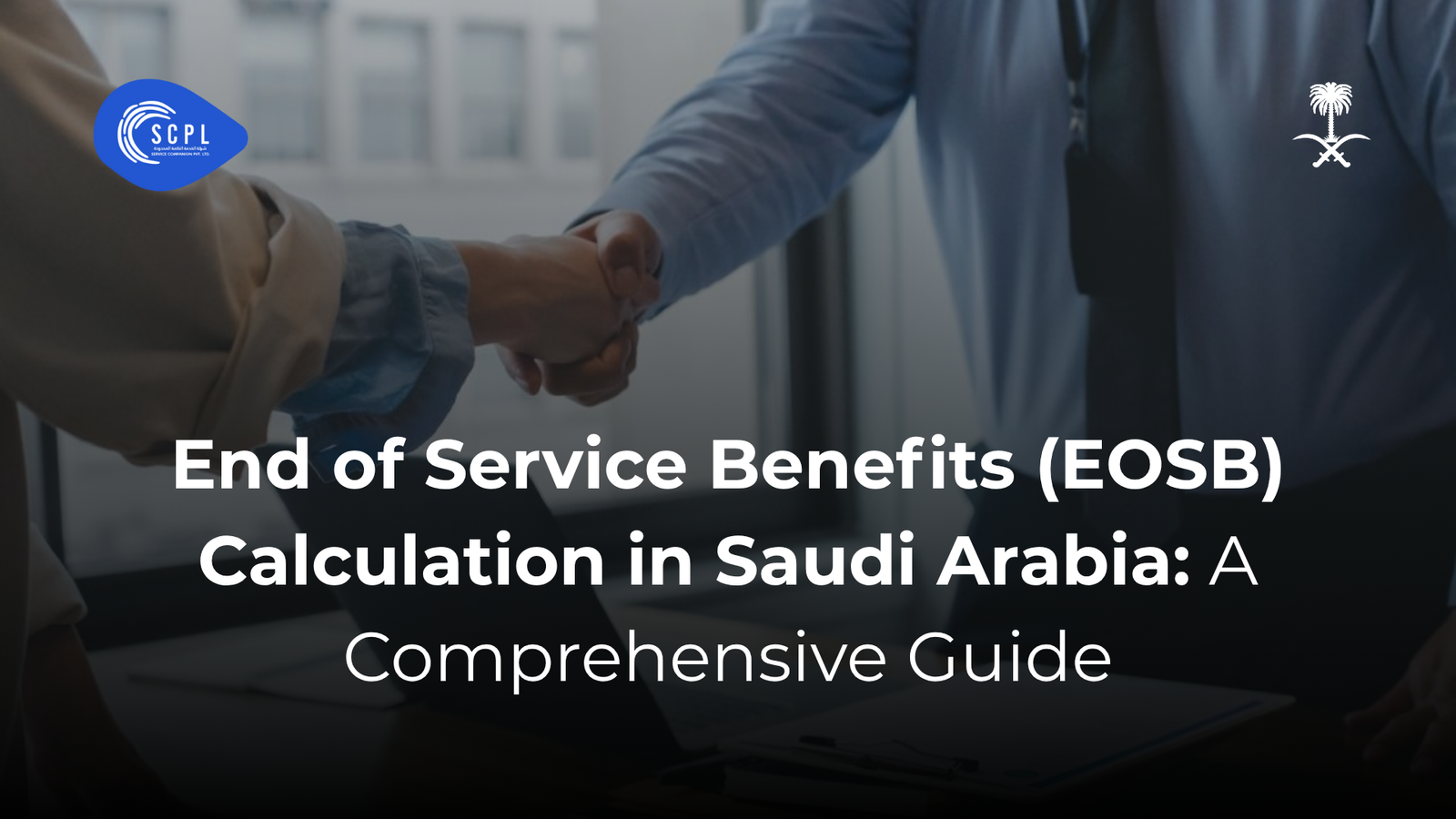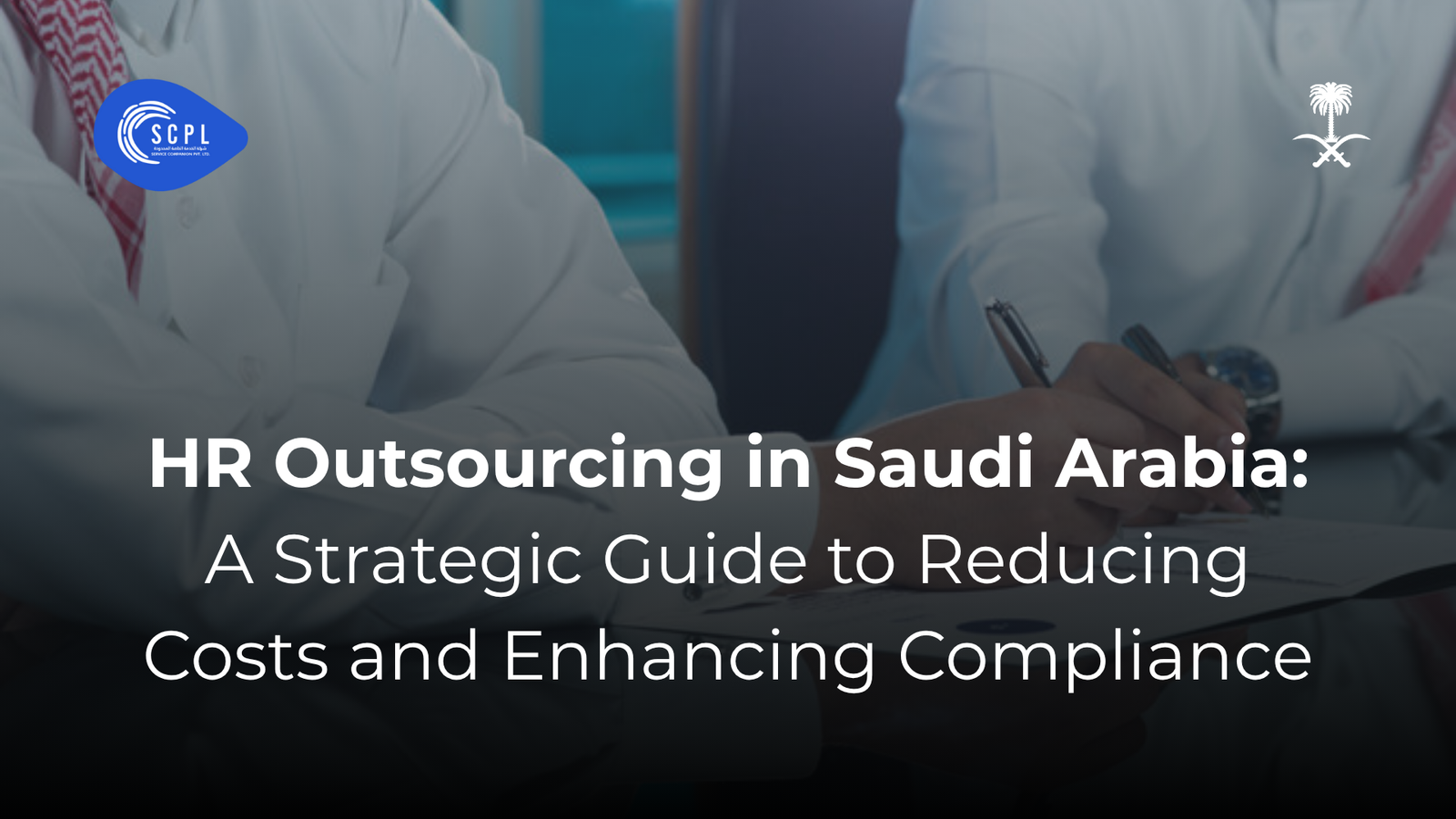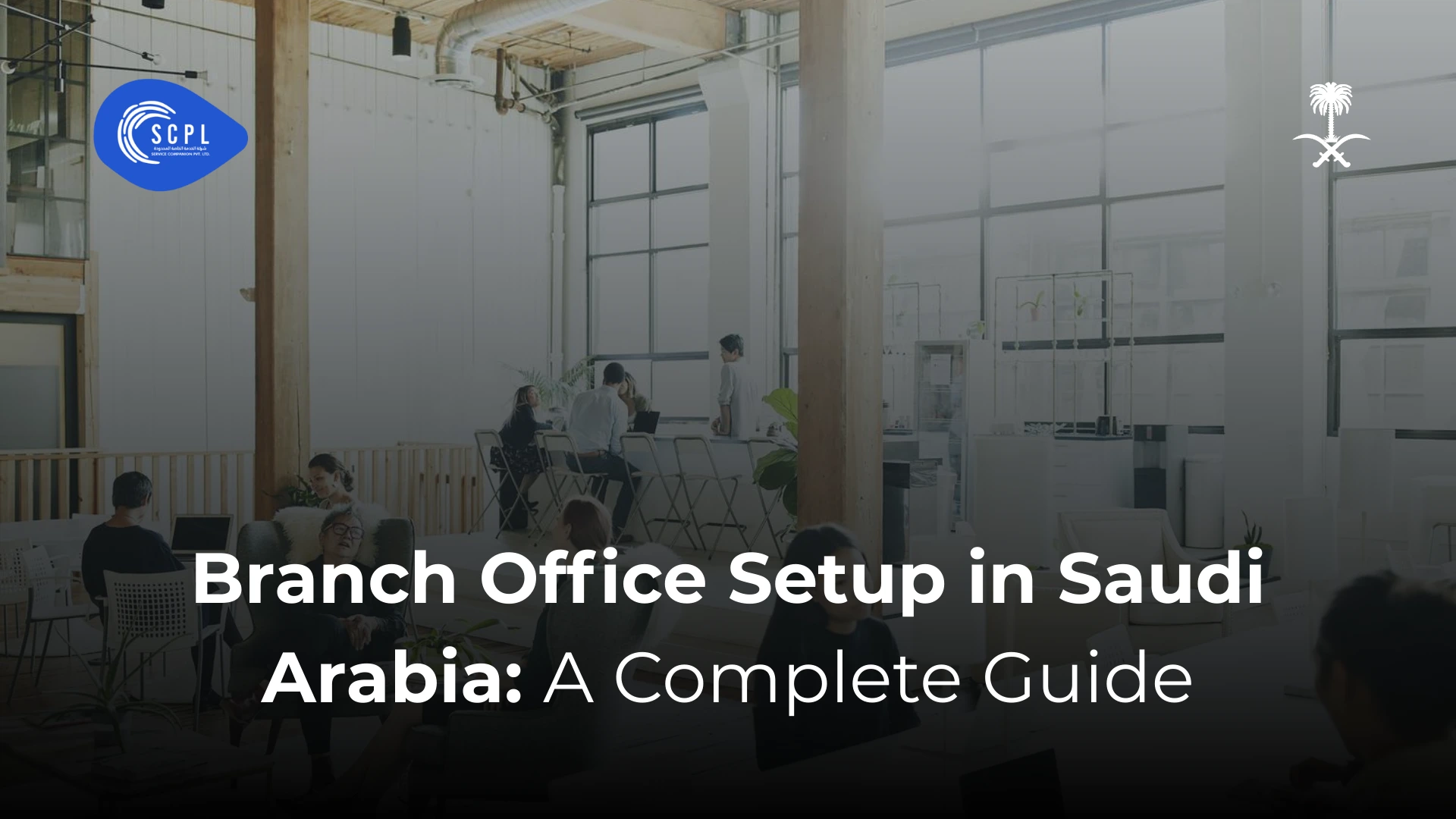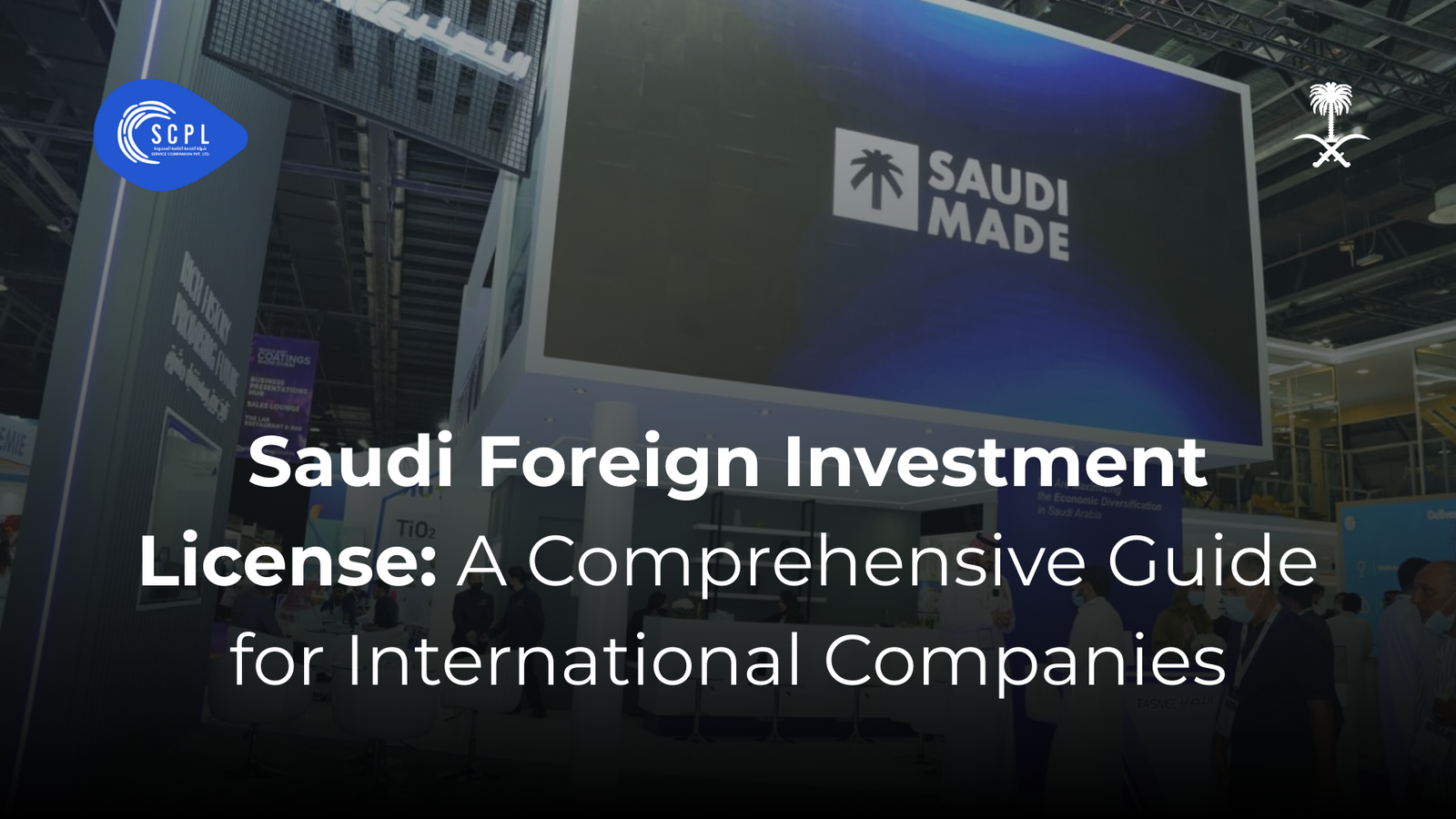Estimated reading time: 9–11 minutes
Key Takeaways
- Saudi Arabia’s Vision 2030 reforms have streamlined business formation and opened more sectors to foreign ownership.
- The most common structures are LLC, Joint Venture, Branch Office, Free Zone Company, Joint Stock Company, Professional Company, Holding Company, and Sole Proprietorship.
- LLC is the go-to for SMEs and foreign investors due to flexibility and limited liability; Branch suits brand-controlled expansion but carries parent liability; Free Zones offer incentives and 100% foreign ownership for targeted activities.
- Your choice should align with ownership preferences, liability appetite, sector rules, capital needs, and scalability plans.
- Sector-specific licensing (MISA, Ministry of Commerce, Chambers, etc.) is critical for compliance and operations.
- For a deeper walkthrough of the process and documents, see Business Setup in Saudi Arabia: A Complete Guide for Entrepreneurs and Investors.
Overview: The 2025 Landscape for Company Formation in Saudi Arabia
Saudi Arabia’s business ecosystem is evolving quickly under Vision 2030, with improved regulatory processes and stronger incentives for foreign investment. Choosing the right legal structure is foundational to market entry, licensing, tax exposure, and long-term growth.
Tip: If you’re still deciding where to start, this step-by-step primer on business setup in Saudi Arabia outlines licensing routes, timelines, and document checklists.
Main structures available include:
- Sole Proprietorship
- Limited Liability Company (LLC)
- Joint Venture (contractual or separate legal entity)
- Branch Office of a foreign company
- Free Zone Company
- Joint Stock Company
- Professional Company
- Holding Company
Your choice hinges on foreign/local ownership rules, liability protection, capital, and industry-specific regulations. Source overview: Types of business structures in Saudi Arabia.
Quick Guide: Which Structure Fits Which Goal?
- LLC: Best for SMEs, consulting, retail, and foreign ownership with limited liability and flexibility.
- Joint Venture: Ideal for large or strategic projects, sharing risks, and leveraging local expertise.
- Branch Office: Suits companies seeking direct control under their global brand (note: parent assumes liability).
- Free Zone Company: Great for exporters, tech firms, manufacturing, and logistics benefiting from incentives.
- Professional Company: For licensed professionals (legal, accounting, engineering, medical, etc.).
- Joint Stock Company: Designed for large enterprises needing capital raising and potential public listing.
- Holding Company: For groups seeking centralized control, asset protection, and strategic management.
LLC Company in Saudi Arabia
The Limited Liability Company (LLC) is the most popular vehicle for foreign investors. It can have 1–50 partners, with liability limited to each partner’s contribution.
Key benefits:
- Strong asset protection
- No minimum capital requirement for most sectors
- Flexible management structure
- Easier compliance requirements
Setup process:
- Register with Ministry of Commerce
- Obtain foreign investment license (if applicable)
- Submit Articles of Association
- Complete sector-specific licensing
Best suited for: SMEs, foreign investors seeking local partnerships, consulting firms, and retail businesses.
Source: Batic Firm’s overview of types of companies in Saudi Arabia. For a procedural walkthrough, see the business registration process in Saudi Arabia.
Joint Venture (JV) in Saudi Arabia
A JV aligns two or more parties via contract or a separate legal entity—useful for sharing risk, meeting local participation rules, and accessing market expertise.
Advantages:
- Shared risk and resources
- Access to local market expertise
- Compliance in sectors requiring Saudi participation
- Enhanced credibility for mega-projects
Key requirements:
- Detailed JV agreement with defined scope
- Clear profit-sharing and capital contributions
- Governance, voting rights, and dispute resolution
- Exit and buyout provisions
Common applications: Infrastructure, NEOM developments, Red Sea tourism, and energy collaborations. See this primer on types of business structures in Saudi Arabia.
Managing people and compliance in a JV can be complex—consider strategic outsourcing: HR Outsourcing in Saudi Arabia: Why It’s the Smarter Move for Businesses in 2025.
Branch Office Setup in KSA
A Branch is an extension of a foreign parent (not a separate legal entity). It enables direct operations but the parent bears unlimited liability.
Establishment steps:
- Apply for MISA foreign investment license
- Register with Ministry of Commerce
- Obtain Chamber of Commerce membership
- Secure sector-specific permits
Advantages: Complete brand control, direct operational management, access to parent resources.
Disadvantages: Unlimited parent company liability, sector restrictions, and higher compliance.
Deep dive: Company formation in Saudi Arabia in 2025: A full guide.
Free Zone Company Setup in Saudi Arabia
Special Economic Zones and free zones offer competitive incentives for targeted industries and export-driven models.
Key features:
- 100% foreign ownership permitted
- Tax holidays (up to 50 years in select zones)
- Customs duty exemptions
- Streamlined setup processes
Popular free zones: King Abdullah Economic City (KAEC), Riyadh Techno Valley, and emerging logistics hubs.
Ideal for: Exporters, technology startups, manufacturing, and logistics operators.
Reference: Company formation in Saudi Arabia in 2025: A full guide.
Comparison of Legal Structures
| Structure | Ownership | Liability | Taxation | Best For |
|---|---|---|---|---|
| LLC | 1–50 partners | Limited | Standard VAT/income tax | SMEs, asset protection |
| Joint Venture | Flexible | Per agreement | Varies by contract | Large or strategic projects |
| Branch Office | Foreign parent | Unlimited (parent) | Standard rates | Direct expansion with brand control |
| Free Zone Company | Up to 100% foreign ownership | Zone-specific rules | Incentives/tax holidays | Exporters, tech, manufacturing, logistics |
Note: Tax and compliance obligations vary by activity, ownership, and location. Always confirm sector-specific stipulations before committing capital.
Factors to Consider When Choosing a Structure
Market entry strategy:
- Local partnership requirements and sector openness
- Market access and distribution control
- Operational control preferences
Capital and ownership:
- Minimum capital thresholds (vary by sector)
- Foreign ownership restrictions (if any)
- Investment scale and funding plans
Regulatory compliance:
- Sector-specific regulations and approvals
- Reporting and governance standards
- Labor, immigration, and tax obligations
Scalability:
- Future growth, regional expansion, or IPO prospects
- Capital raising mechanics
- Exit strategy options
Reference framework: Company formation in Saudi Arabia in 2025: A full guide.
Conclusion and Actionable Recommendations
Choosing the right company type in Saudi Arabia is a strategic decision with lasting implications. Each structure offers distinct benefits and trade-offs across liability, control, and scalability.
- Consult legal and tax experts for structure-specific guidance.
- Validate sector-specific rules with the relevant authorities before filing.
- Plan for future equity raises, workforce growth, and compliance capacity.
- Follow a proven playbook: Business Setup in Saudi Arabia: A Complete Guide for Entrepreneurs and Investors.
Additional Resources
Government Portals:
Expert Consultants & Guides:
- ExpandWay: Types of business structures in Saudi Arabia
- AstroLabs: Company formation in Saudi Arabia in 2025: A full guide
- Batic Firm: Types of companies in Saudi Arabia
This guide is informational and not legal advice. Always obtain professional counsel tailored to your sector and ownership profile.
Why Choose SCPL for Company Formation in Saudi Arabia
SCPL helps investors navigate Saudi Arabia’s entity selection, licensing, and operational launch with precision. Whether you’re forming an LLC, structuring a Joint Venture, setting up a Branch, or leveraging a Free Zone, our team aligns your structure with sector rules and Vision 2030 opportunities.
What we do best for this journey:
- Business Setup & Licensing: MISA/SAGIA licensing, Ministry of Commerce registration, Articles of Association, and sector approvals.
- Finance & Compliance: ZATCA registration, VAT filing, bookkeeping, and audit coordination to keep you compliant from day one.
- HR Outsourcing & Payroll: End-to-end HR, payroll, and onboarding—ideal for JVs and fast-scaling LLCs. Explore our insight on HR Outsourcing in Saudi Arabia: Why It’s the Smarter Move for Businesses in 2025.
- Recruitment Solutions: Local and international hiring to build compliant, high-performance teams quickly.
- Workspaces: Flexible co-working and private offices in Dammam & Riyadh to get operations running immediately.
- IT & Digital Solutions: Website build, IT support, and digital marketing to launch your brand in KSA with speed.
Why SCPL? Regulatory fluency, on-ground execution, and a single partner for setup-to-scale services. We turn complex licensing and compliance into a seamless launch.
Ready to identify the ideal structure and launch faster? Start with our blueprint: Business Setup in Saudi Arabia: A Complete Guide for Entrepreneurs and Investors.
FAQ
1) What is the easiest company type for foreign investors to start with?
An LLC is typically the most straightforward, balancing flexibility, limited liability, and manageable compliance for most sectors.
2) How do I know if my sector allows 100% foreign ownership?
Check current MISA guidelines and the negative list. Begin at the MISA Investment Portal and verify with sector regulators.
3) When should I consider a Joint Venture instead of an LLC?
When local know-how, risk-sharing, or sector rules requiring Saudi participation are important—especially for mega-projects or government tenders.
4) What are the downsides of a Branch Office?
The parent company carries unlimited liability, and branches are restricted to approved activities. Compliance and reporting are also more intensive.
5) Are Free Zones suitable for every business?
No. They’re best for export-oriented, technology, manufacturing, and logistics operations. Always compare onshore licensing benefits against zone incentives.
6) Where can I find a complete step-by-step setup guide?
Start here: Business Setup in Saudi Arabia: A Complete Guide for Entrepreneurs and Investors.
7) Who regulates company incorporation and ongoing compliance?
Key bodies include MISA (foreign investment), the Ministry of Commerce (registration), Chambers of Commerce, ZATCA (tax), and sector-specific regulators.
8) Can SCPL support licensing and post-setup operations?
Yes. From MISA licensing and Ministry of Commerce registration to HR, payroll, compliance, and workspace solutions—SCPL provides end-to-end support.
Get a Free Consultation
Unsure which structure fits your vision and sector? Talk to an SCPL specialist and de-risk your market entry.
